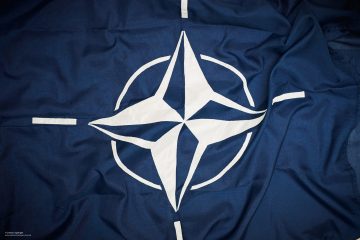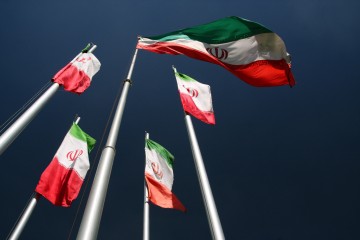
From Oil Wells to Blockchains: Revolution or Reality?
Blockchain is an emerging technology that has drawn considerable interest from start-ups, technology developers, financial institutions, governments, and think-tanks. They all identify blockchains as having tremendous potential to bring significant benefits. This technology acts as an electronic ledger and allow transaction to be carried out between parties without interference by third parties like banks. Energy supply firms are also increasingly looking the potential of blockchain technology. Blockchain has emerged at just the right time. Other revolutions within the energy sector – the decentralization of the electrical systems, the development of autonomous electric vehicles and the gradual deregulation of the energy industry – are opening the door to blockchain. By combining blockchain with new paradigms, new consumption models will emerge and …

NATO Should Adopt a New Approach to Energy Security
To quote C.S Lewis, ‘What you see and what you hear depends a great deal on where you are standing.’ And, one’s point of view on energy security is certainly very different depending on whether you are standing in Washington DC, Ukraine, or Germany. NATO cannot avoid discussing energy security. As both the international scene and the alliance evolves, it becomes increasingly important and relevant to do so: clear and direct links exist between stable energy supply and the security of NATO member states. Energy security can be approached from different angles. An editorial in The Financial Times quoted the energy implications in the Ukrainian crisis: ‘It is incumbent upon us to support our partners in difficult times,’ said a …

A Public Private Partnership for Iran’s New Petroleum Contract?
Now that sanctions against Iran have been lifted, the country has significant opportunities to boost its investment levels. Still, Iran’s leaders have to address a range of issues before this can be done effectively. Can a public-private partnership provide a solution for the financing of energy infrastructure projects, at a time when Iran is facing declining revenues as a result of years of crippling sanctions? Now the sanctions lifted, political risk disappears, the country offers significant new opportunities for foreign investors: economic attractiveness, greater moderation, and horizontal market integration. Iran’s New Contract Model Iran will present its new oil contracts during a scheduled conference in February 2016 in Tehran. By 2020, the country hopes to increase crude production to about …










